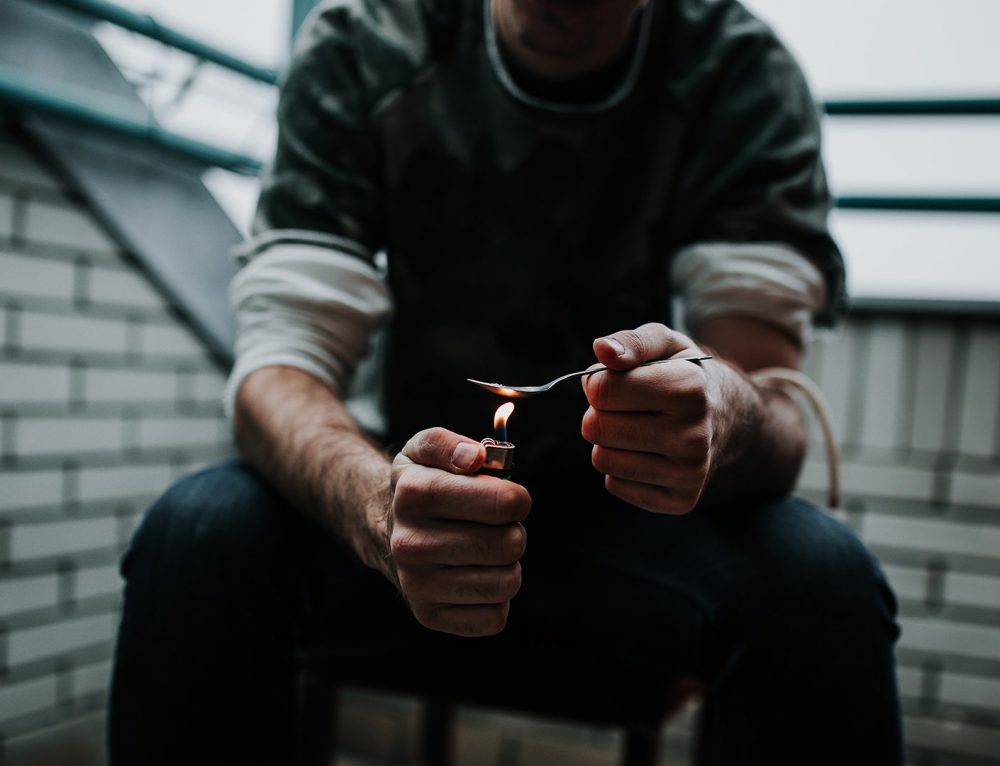Measures intended to curb the pandemic are creating obstacles for drug traffickers.
The coronavirus has now infected more than 3.5 million people, killed 250,000 and led Governments to take drastic measures to reduce the spread of coronavirus disease 2019. Roughly half of the global population is living under mobility restrictions and numerous border crossings have been closed, leading to major market shifts across industries, even drug trafficking.
The measures intended to curb the coronavirus pandemic are interrupting some drug supply chains and forcing traffickers to look for alternative routes, including maritime routes, depending on the types of drugs smuggled, this according to a report on drug market trends during COVID-19 recently launched by the United Nations Office on Drugs and Crime (UNODC).
Reporting from Morning Brew read that tightened border security and depressed air travel have created logistical challenges to distribution, causing a sharp drop in overall global trade poses problems for cocaine traffickers who normally hide their activities behind the cover of legal movement of goods. Plus, supply issues have complicated production. For example, labor shortages hamstrung opium harvests in Afghanistan, scarce gasoline availability knocked cocaine output in Colombia, and disruptions to the flow of chemicals from Southeast Asia capped synthetic drug production in Mexico, these countries, and several others, have reported drug shortages at the retail level. This can lead to an overall decrease in consumption, but mainly of drugs mostly consumed in recreational settings.
Although some see this as a good symptom for less drug use, it can actually turn out into the exact opposite, as a shortage in supply can lead to the consumption of harmful, domestically produced substances, a situation that has already presented itself in Europe, South West Asia and North America, where drug users have already turned to fentanyl, benzodiazepines, and its derivatives. The UNODC report states that an increase in the use of these home-made pharmaceutical products increases the sharing of injecting equipment, carrying the risk of spreading diseases like HIV/AIDS, hepatitis C, and COVID-19 itself. The risk of drug overdose may also increase among those injecting drugs and who are infected with COVID-19.
In the long-run, the report continues to read, the economic downturn caused by the COVID-19 pandemic has the potential to lead to a lasting and profound transformation of the drug markets, which can be fully understood only after more research is done. The economic difficulties caused by COVID-19 may affect people who are already in position of socioeconomic disadvantage harder than others.
What about weed?
The report reads that local nature of cannabis implies trafficking will remain unaffected. In general, trafficking in cannabis may not be affected in the same way as trafficking in heroin or cocaine, given that cannabis production often takes place near consumer markets and traffickers are thus less reliant on long, transregional shipments of large quantities of the drug. Cannabis products are often locally produced and distributed through very short, domestic supply chains. There are no indications that these short supply chains have been disrupted by the COVID-19 measures.
Cocaine trafficking, on the other hand, may be affected differently by lockdown measures since the drug is mostly trafficked by sea and traffickers often rely on non-commercial vessels such as private boats.












